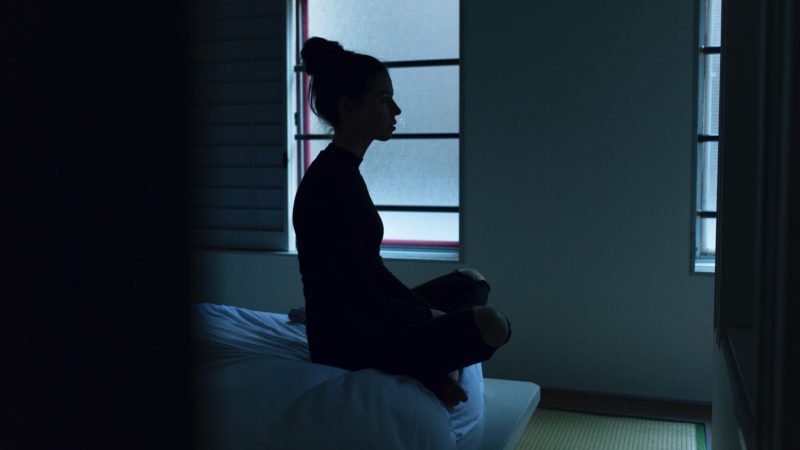Many people who are addicted to drugs or alcohol manage to function in their daily life without allowing their addiction to interfere. Or, at least, they think it isn’t interfering. Many of these same individuals often believe they don’t have that big of a problem and can go cold turkey anytime they want, without professional help. Trying to detox at home, however, is a major risk — mentally, physically, and emotionally.
Dangers of Home Detox from Drugs or Alcohol
If you love someone who has an addiction disorder, you want to believe them when they say they can successfully detox at home. It’s thrilling to think that this person you care about will soon have the drugs or alcohol that hold them hostage out of their system. But detoxing isn’t as simple as abstaining from a substance for a certain number of days.
- Detox triggers withdrawal symptoms. It doesn’t matter what type of substance a person is on, withdrawal can be accompanied by medical complications like dehydration from excess vomiting, depression or anxiety, severe mental or nervous system changes (delirium tremens – DTs – from alcohol detox), or panic attacks and mood swings, seizures, psychosis, and heart failure.
- There is a high probability of relapse. When someone is trying to detox at home, they are not beholden to anyone but themselves, and they are not in a controlled environment where they do not have access to alcohol or drugs. It’s far too easy for someone to give up on detox when it gets too hard and seek out the substance they’ve been trying to avoid.
- Loved ones are put at risk. You may love someone so much that you’re willing to be a proxy nurse or doctor and try to help them detox, but you’re not a professional. You cannot make diagnoses about their symptoms and state of mind, and should the person detoxing become angry or violent, you risk your own health and well-being.
The Benefits of Supervised Medical Detox
Detox is a physically uncomfortable experience. A person’s body is being exorcised of foreign, unhealthy substances and their systems are no longer functioning under the influence of drugs or alcohol. The side effects of this can be brutal. Supervised detox in a holistic rehab environment promises safety and around-the-clock care.
- Take medication for easier withdrawal: Working with a holistic detox center allows for a monitored, medical detoxification. In a rehab center, certain medications and pain relievers are permitted to make the detox far easier to tolerate.
- Avoid overdose: Relapse is common during detox because the cravings and withdrawal can be overwhelming. Someone in a monitored rehab cannot relapse without access to substances and they will not be tempted to take a larger amount of a substance than they normally would, thereby eliminating the risk of a fatal overdose.
- Manage the severity of the withdrawal: The type of symptoms and their severity depend on the drugs a person has been taking, since some substances cause worse withdrawal than others. Irritability and cravings are common across the board, but withdrawal needs will also vary depending on whether the addiction has been alive for months, years, or decades.
Preparing for Detox at Holistic Rehab
If someone drinks too much alcohol or takes drugs, their diagnosis is not simply “alcoholic” or “drug addict.” There are nuances to every addiction and identifying the extent of an addiction is crucial to getting detox right. The process at a holistic drug and alcohol rehab will begin with a thorough review of the patient’s health and condition, learning the type and amount of substances used, frequency of use, preexisting health conditions, and previous attempts at withdrawal.
It is critical to get a big picture of someone’s overall well-being before they begin detox – an element that isn’t completely possible when trying to detox at home. The goal in rehab is to make withdrawal as comfortable and painless as possible so recovery begins positively and there is motivation to continue feeling good – free from substances.
Get Monitored Detox and Ongoing Recovery Support
At holistic rehab centers like Beachside Rehab, clients undergo a carefully monitored detox, then continue to the next steps of rehab. Individualized treatment plans can include therapy, psychological counseling, alternative therapies, and self-care like yoga, exercise, spa services, and more. Together, these elements deliver the necessary components for a sustained recovery.
Consult with a medical professional at a holistic treatment center like Beachside Rehab. Contact our trained admissions counselors at 866-349-1770 to discuss ongoing recovery support.

